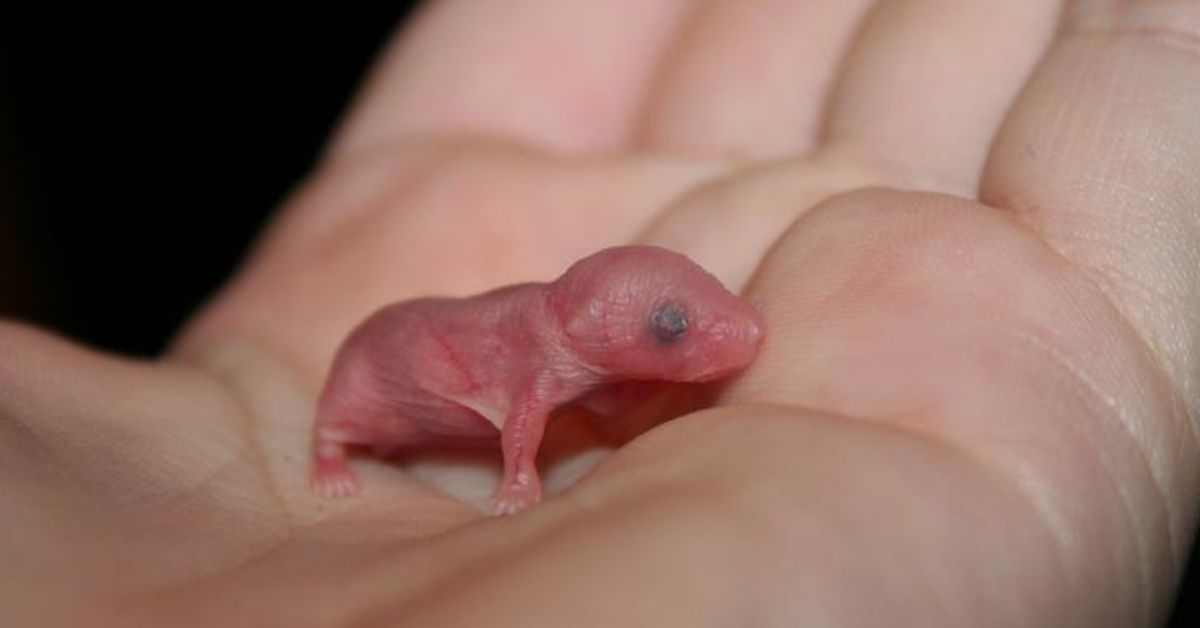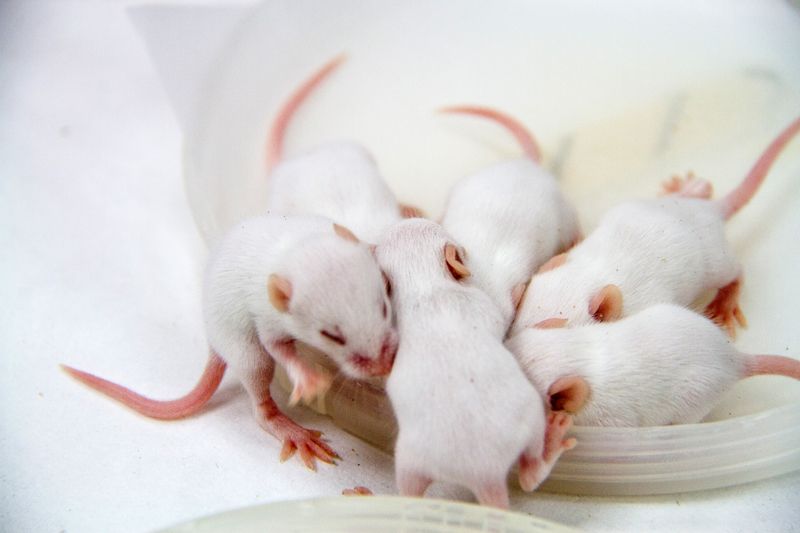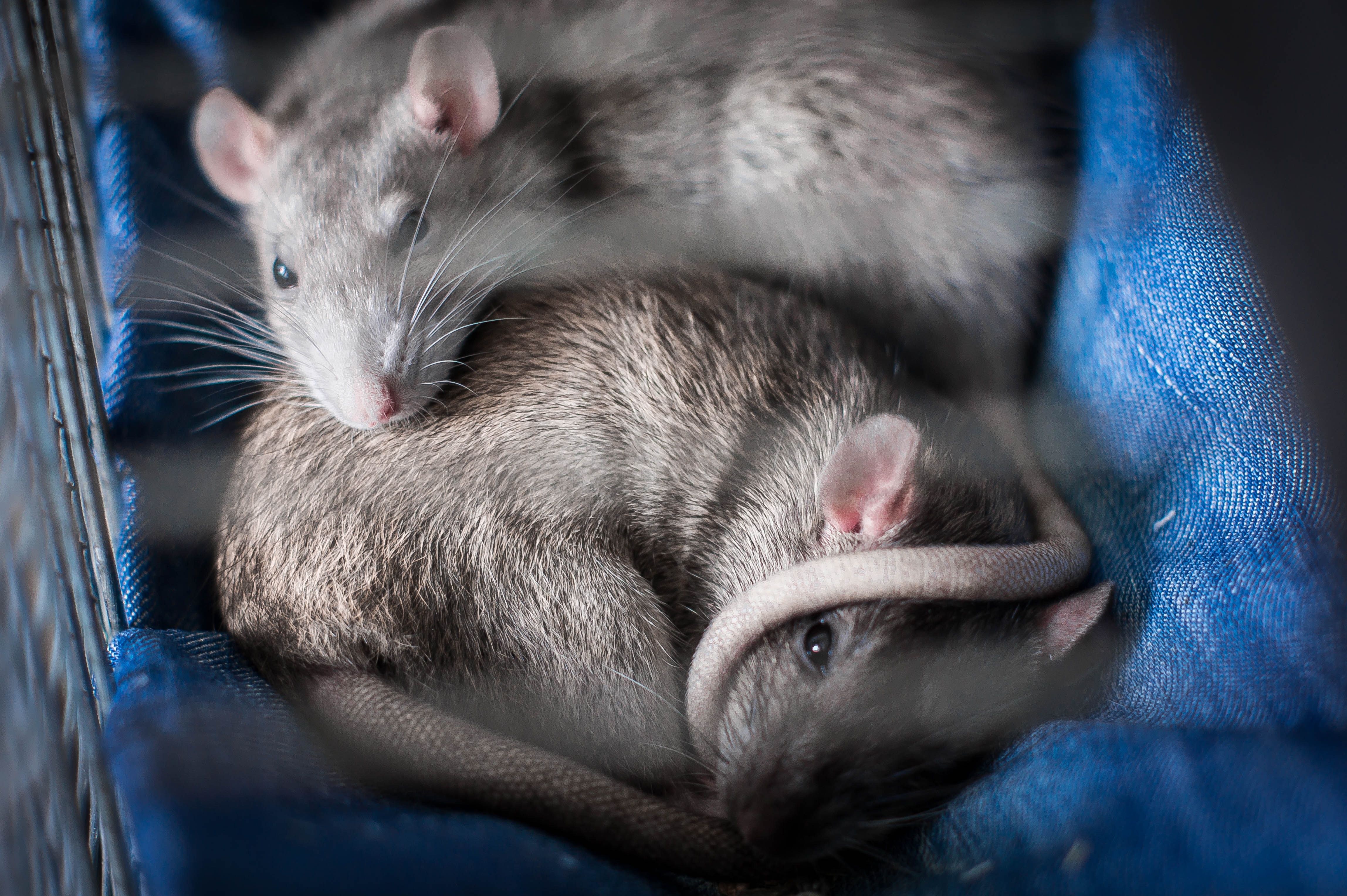As laws against gay marriage loosen around the world, same-sex couples start to settle down and talk about starting a family.
Lesbian couples oftentimes use medically assisted insemination, whereas gay men choose surrogacy, both still trying to find a way to have a baby genetically related to both of them.
The idea that the couple can have their own biological children is just unfathomable.
Thanks to a new scientific breakthrough, gay couples may one day be able to have their own children.
Scientists were able to create 29 healthy mice using DNA samples from two mouse eggs.
The breakthrough study published in the journal Cell Stem Cell was made successful by a team of Chinese scientists who pushed the boundaries of reproductive science.
"This shows us what's possible," said Wei Li, of the Chinese Academy of Sciences and a senior author of the paper.
That being said, this isn't the first time that scientists have tried to produce baby mice with same-sex parents.
Mice with two fathers were born before, but they didn't survive for long. At the time, these scientists had difficulty producing pups that didn't have severe abnormalities, such as oversized bodies and unusually long tongues.
The fact that these 29 mice were born healthy using only female DNA is what makes this a true scientific breakthrough.
How they achieved this groundbreaking achievement in layman terms.
For a successful embryo from two eggs to be produced, certain "imprinting" DNA must be removed.
When this happens, the stem cells have only half the normal number of chromosomes.
These cells are then injected into the egg from the second mother who carries the embryos until she gives birth.
In this case, from 210 embryos, the scientists were able to produce 29 healthy mice that lived to adulthood, and were also able to have their own litter.
This means that one day gay couples could have their own biological children.
It was believed to be impossible for mammals to produce healthy offspring from same-sex parents, but this breakthrough may be a game-changer.
Just how imprinting plays a big role in animal reproduction, it may play a similar role in humans.
The thing is, the side-effects of modifying genes are still unknown, and so lots more research is needed before scientists even consider human trials.
In the meantime, the scientists plan to expand their research and see how viable of a option this is for other mammals.
[H/T: Daily Mail]




